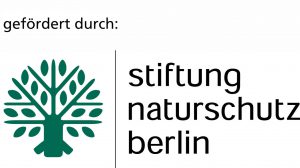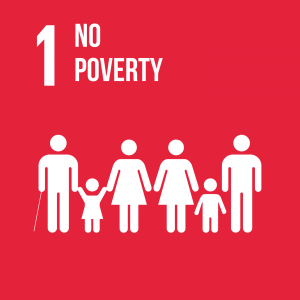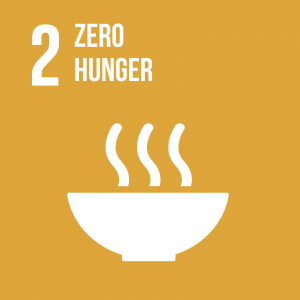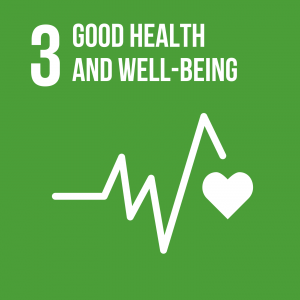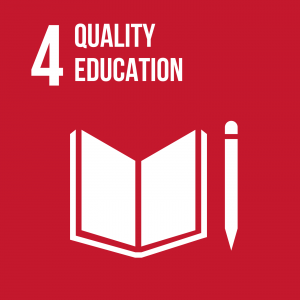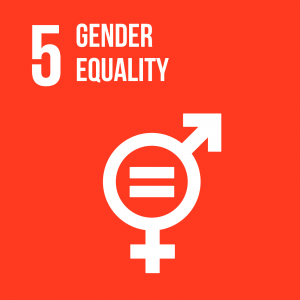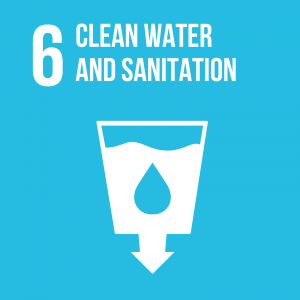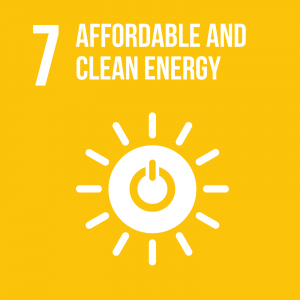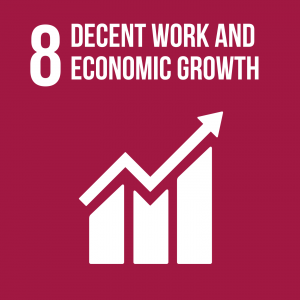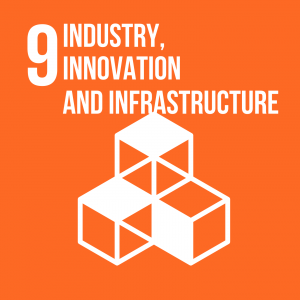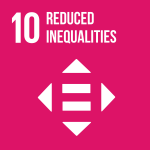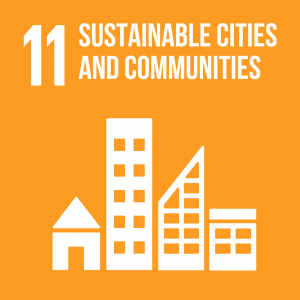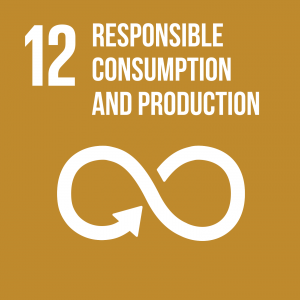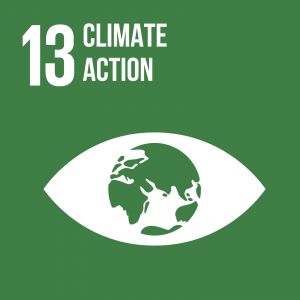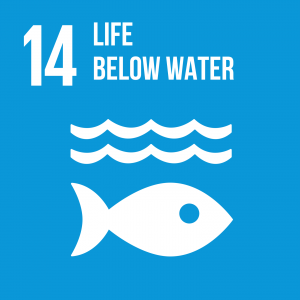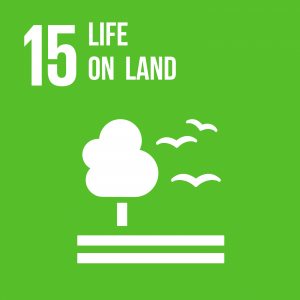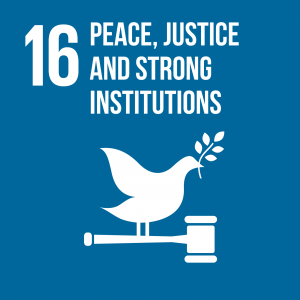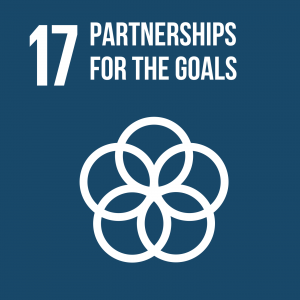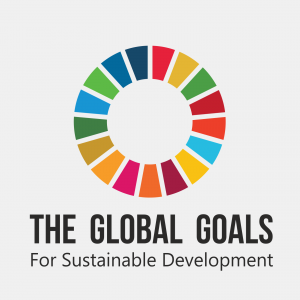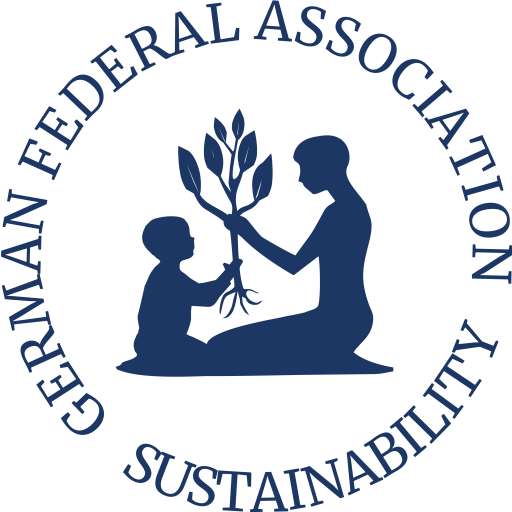GFAS and Experimental Future Lab Association present:
pla pla! plankton & plastic
We encounter plastic almost everywhere and have devastating effects on our seas, animals, the soil and our lives. The problem: Plastic can not be broken down in the water, but is only further crushed. In this microform, it then returns to the organism of living things and causes there serious damage. Even today, our oceans are polluted with more than 100 million tons of plastic waste. And every year more and more plastic ends up in our seas.
That has to stop!
The environmental education project “pla pla! plankton und plastik “wants to draw attention to the immense plastic consumption and the consequent consequences for our ecosystem of water.
“Pla pla! plankton and plastic “- that is quite concretely a whale made of wood and plastic waste; a walk-in installation where visitors can find out about the consequences of manmade pollutions of the water. Through the mouth of the whale visitors reach inside. There they will find an exhibition space in which they will be introduced to the subject by means of various emphases.
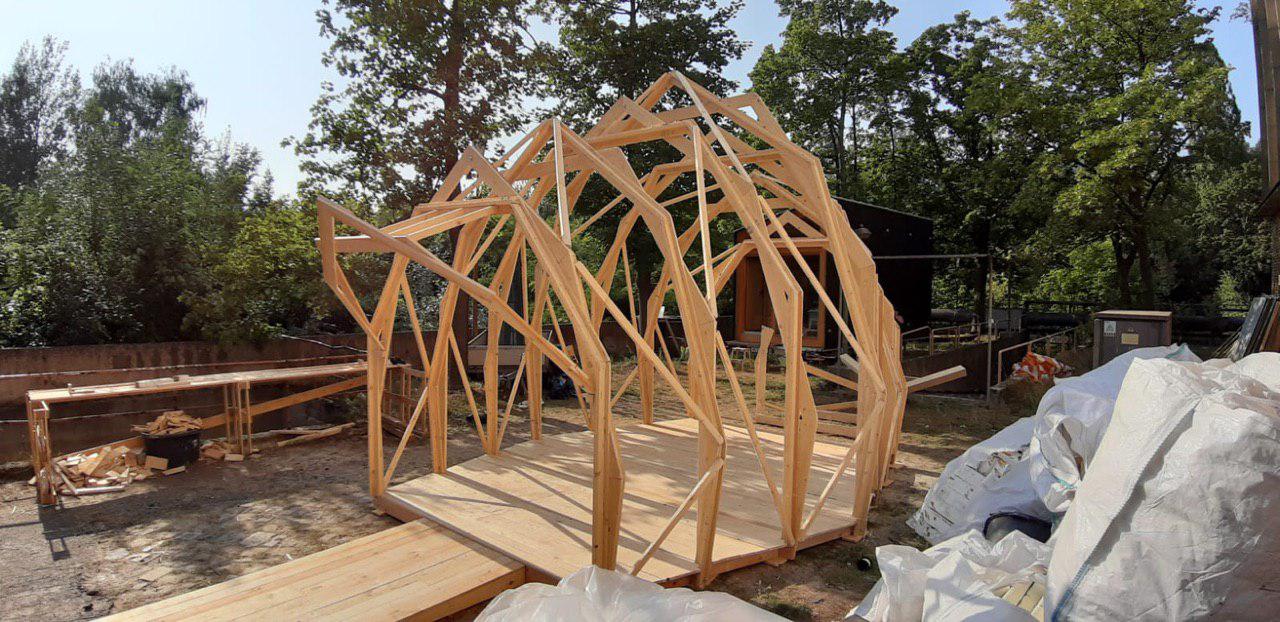
In addition to replicated water circuits in returnable glass, “pla pla!” Uses an oversized sediment filter to explain how soil filtration (for example, by rain) works. With the help of water instruments and mosaic works of art, the beauty of the element is reminiscent of water in all its forms. In a creative way, “pla pla!” Also addresses the following issues: virtual water, PET plastic bottle contamination, improper disposal of medicines and toiletries, and the harmfulness of cigarette butts. The last part of the exhibition points out alternative courses of action by giving positive examples of a plastic-free life.
“Pla pla!” Is part of the non-profit association “Experimental Future Lab”. The future laboratory consists of an interdisciplinary group of artists from various disciplines as well as environmental and socio-political activists, who have come together to realize their idea of a future worth living in the here and now.
The project is financially supported by the Stiftung Naturschutz Berlin and is implemented in cooperation with the Federal Association for Sustainability and the Pulszeit e.V.
Participants:
→ Anoosh Werner is the Idea Initiator and the whale “plapla!” met her last year in a dream. She has been working in environmental education for many years, including as project leader for the project of the association a tip: tap e.V. “water-efficient school – supraregional”. During her studies, she founded the initiative “Aworldness” with friends in order to implement her own creative environmental education projects in Mainz. Water and paper are main topics in her work. She combines creative work with elements of deep ecology and education for sustainable development. The whale is a communication medium for her, which she wants to draw attention to the acute plastic crisis and would like to initiate a change of consciousness.
Eduardo da Conceição is a freelance architect from Portugal. He has already developed many creative projects such as “Collector’s Dream” for the International Garden Show or Floating University in Berlin. For him, sustainability and the resource of waste are important components that are expressed and used in his work. His preferences include the construction of temporary buildings, installations, illustrations and scenography. New possibilities to try out innovative forms and roles of art in different contexts motivate and inspire him a lot. In recent years he has worked in multidisciplinary team, such as Raumlabor in Berlin, the demo in Guimarães, Portugal and Exyzt in Paris. This way of working allows him to connect his different talents and interests. 